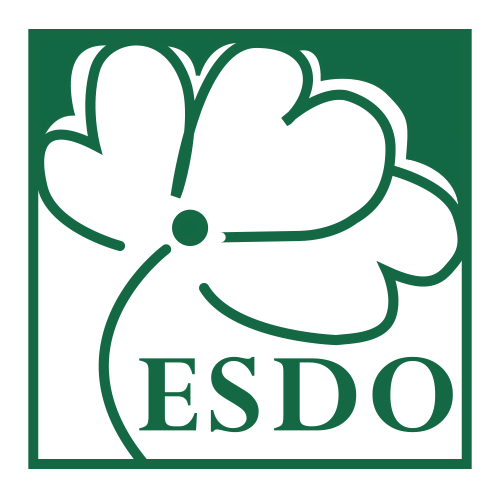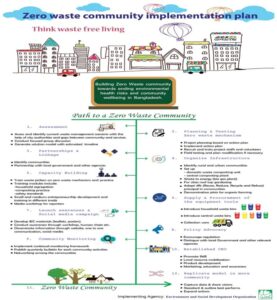To achieve legislation to ban single-use plastic and restriction on other problematic plastic packaging, ESDO would implement a step-by-step strategy that would target all stakeholders. This robust strategy includes a policy audit, in-depth data analysis, alliance, and partnership building, a holistic communications strategy that would create public awareness and policy advocacy, and most importantly ESDO would build case studies that promote alternatives to single-use plastic items. This work would form the foundation and an ecosystem for negotiations with the government and policymakers with whom we hope to continue consulting for drafting enforceable legislation. ESDO would continue to build a movement for optimal enforcement of the legislation after it is passed such that there are real-world changes. ESDO has been instrumental in bringing forth the ban on plastic bags in Bangladesh in 2002 and more recently ESDO has lobbied for and ensured the introduction of a regulatory order under the draft Bangladesh Standard (BDS) banning the use of microbeads in cosmetics in Bangladesh in 2019. This legally binding circular came into force after sustained advocacy and negotiations with the government, and manufacturers and as a result of a successful media campaign. ESOD’s sustained work has ensured that ESDO is looked upon as a credible agency in Bangladesh and ESDO’s proposals are treated with the seriousness that they deserve. This has resulted in us receiving support from the Department of Environment by way of giving an official note to the DG BSTI (Bangladesh Standards and Testing Institution) and the Ministry of Industry to ban the use of microbeads in Bangladesh. It is this experience and gained momentum and knowledge that is going to drive our work to bring forth legislation to ban single-use plastic. ESDO’s strategies are geared towards ensuring continued long-term outcomes. These include in-depth data analysis, a communication and campaign strategy that would highlight raising consumer demands from manufacturers, a policy audit considering the multiple government departments that would affect the implementation of the ban, strengthening existing networks and building local networks as well as showcasing and highlighting alternatives. A major thrust of our work would be to ensure the proper implementation of the legislation. ESDO’s work is far from complete when favorable legislation is passed; in fact, it is the beginning. Successful enforcement of these regulations would require continued watchdogging which ESDO continues to do around the ban on microbeads. ESDO has had a continuous market assessment and it was assessed that microbeads containing products are almost out of the market. This is to mention that BSTI has banned microbeads usage in personal care products. These strategies will be bolstered with carefully designed activities that will support the successful implementation of the project.
The main objectives of the inception workshop are as follows:
- To build a strong base for future lobbying and advocacy work.
- To educate consumers and manufacturers on aspects of SUP.
- To propose the draft roadmap for phasing out SUP and showing public’s consent in this cause.
- To ensure that the legislation is enforced and implemented in its true spirit.



